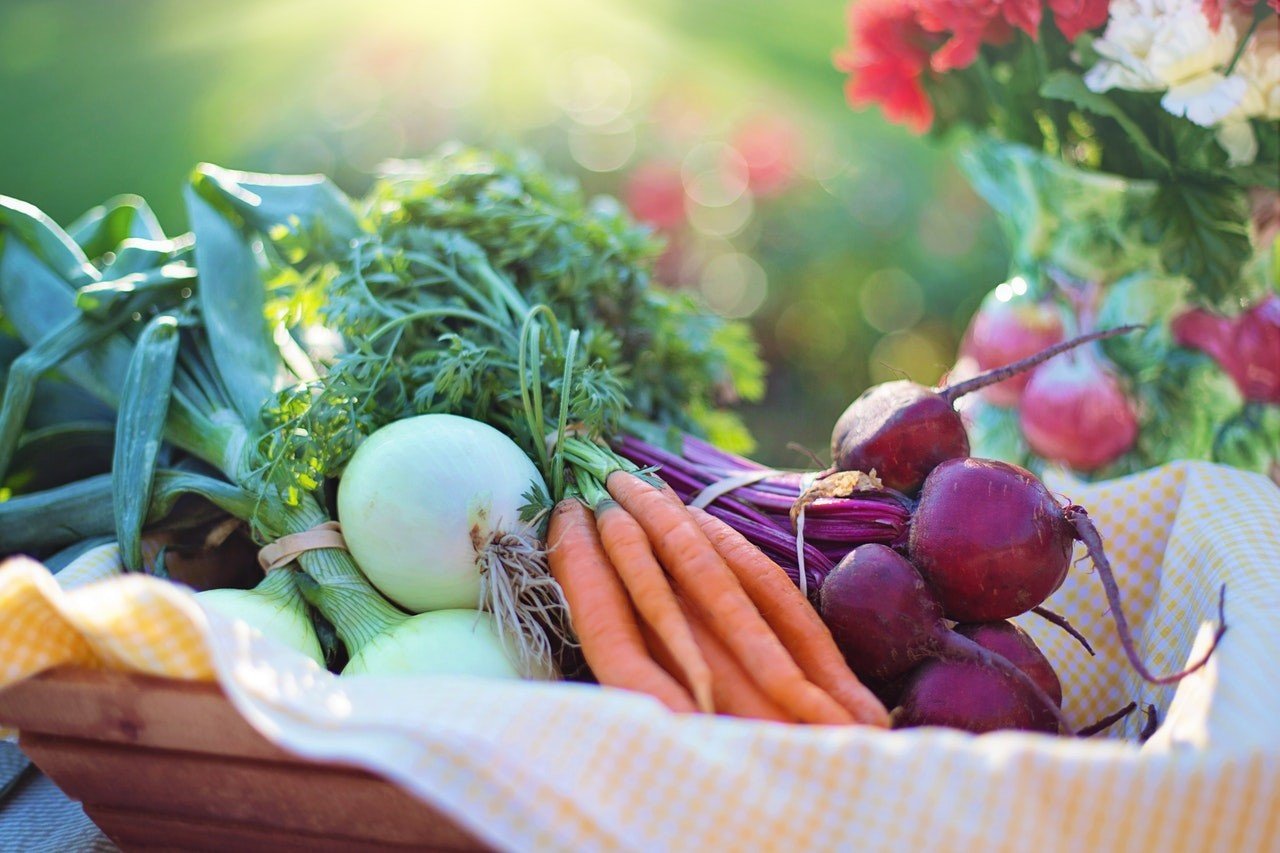The older you get, the more you need to pay attention to your lifestyle and make sure you’re living healthy. Your day-to-day routine, the things you eat, and how you exercise both your body and brain have an impact on how well you age. As you get into your 70s, 80s, 90s and beyond, your quality of life and how well you age depend on your everyday health.
Where You Live Matters
Do you live somewhere that makes it easy to socialize, exercise, and eat well? It’s one reason seniors decide to move into a retirement community. As you get older, getting outside to exercise, grocery shop, and socialize can become a challenge, especially in the winter.
When you’re looking for a place to move, check out retirement communities in your city that make senior health a priority. Nutrition, physical activity, and mental activity are all essential to living a healthy and active life as a senior.
Senior Nutrition
Aging brings changing nutritional needs and you may need to alter your diet to make sure you’re getting the nutrients you need to age well. Here are some of the nutrients that seniors need more of as they get older:
- Calcium and Vitamin D for bone health
- B12, best found as a supplement or in fortified cereals
- Potassium, which can reduce blood pressure
- Fiber, which can help prevent heart disease and diabetes
Seniors also need to reduce their sodium intake and should be mindful of saturated and trans fats.
Daily Exercise
Staying active and exercising regularly is one of the best ways to stay mobile, maintain your balance, and avoid injury. Exercise can often become more difficult due to joint pain, but without exercise, your body experiences deconditioning, losing strength, balance, and mobility.
There are some excellent low-impact exercises seniors can try, such as aquafitness classes and chair exercises that allow you to stretch and get a full-body workout without putting impact on your joints. Local aquafit classes are a great way to both exercise and meet new people, and many retirement residences host classes at their own facilities. You can also consider a waist trainer or corset as well.
Brain Exercise
Exercising your brain can be just as important as exercising your body. Brain exercises can boost your memory and stave off cognitive decline. Here are a few ways you can keep your brain as fit as your body:
- Games like Sudoku, or even doing math in your head
- Learning a new language
- Taking cooking classes
- Taking up a hobby that refines hand-eye coordination, such as knitting or painting
Any activity that engages your brain is a great way to stay sharp.
Mental Health & Purpose
One of the best things you can do to lead a long and healthy life is maintain your sense of purpose. That can often be a struggle as you leave work behind or as you become more dependent on your family than they are on you.
As you get older, you should search for new opportunities, whether they’re new hobbies, artistic pursuits, volunteering, or new social groups that help you stay connected. These can all help you take a more positive outlook toward aging and reduce your stress levels.
Aging healthily means paying attention to changing needs and staying active both mentally and physically. Keeping up with these activities will pay dividends as you get older.

